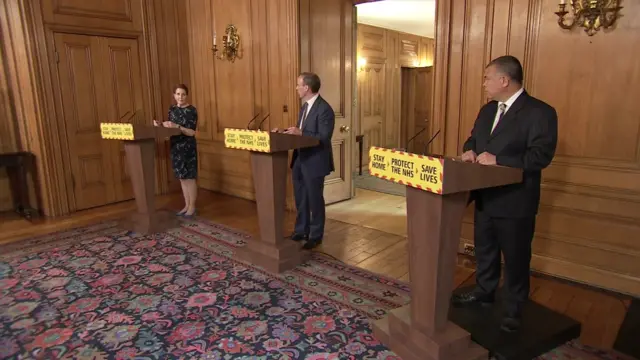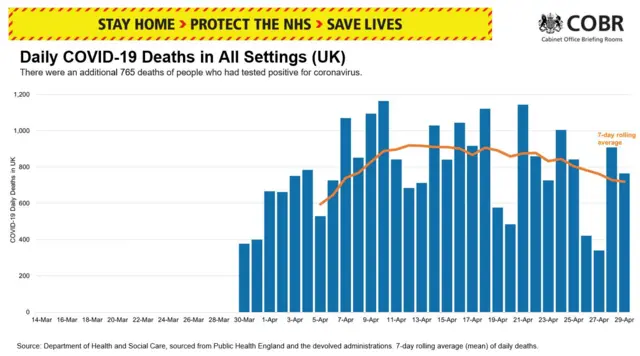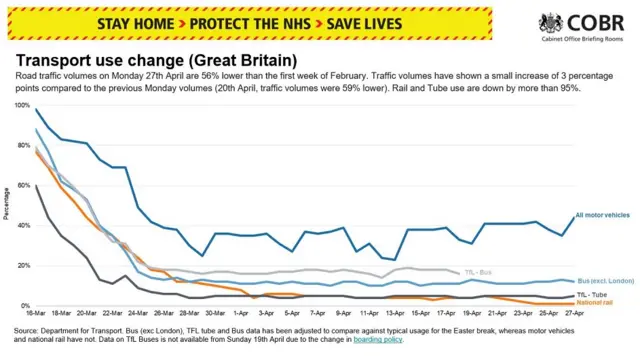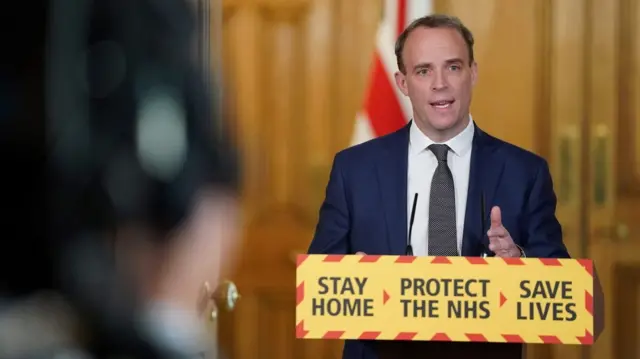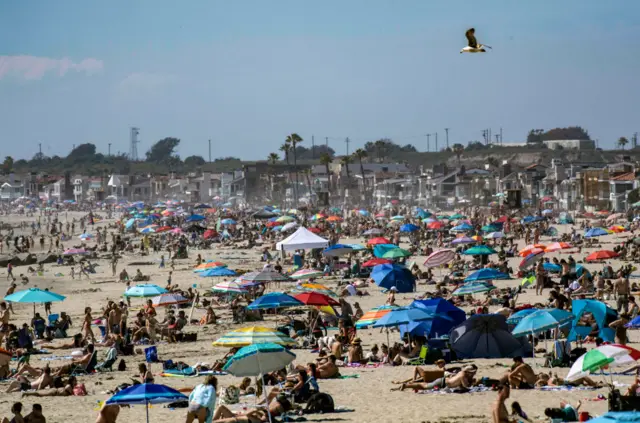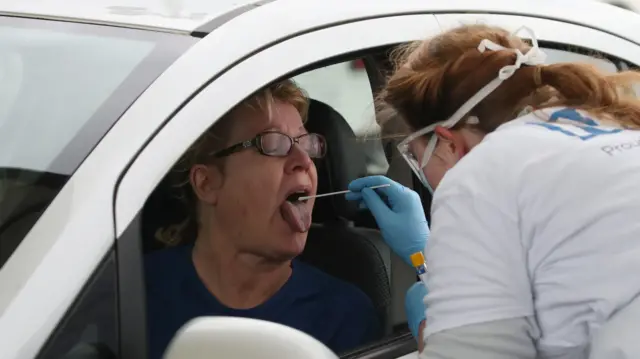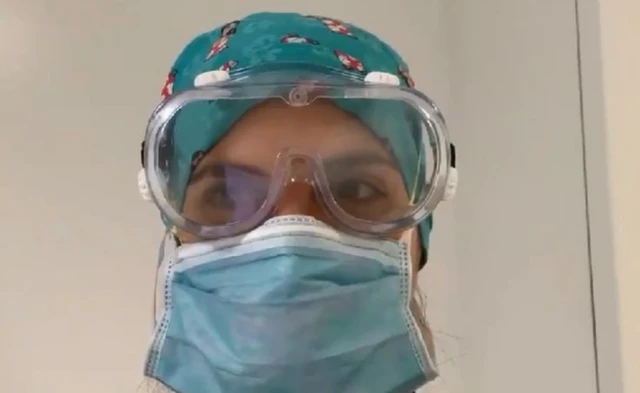Are hospices being denied access to PPE?published at 17:37 BST 29 April 2020
ITV's Daniel Hewitt says hospices are being denied access to vital PPE because they are not part of the NHS supply chain.
He says he has spoken to hospices which are having to buy kit "on the market at inflated prices", saying they are having to care for three times as many people as normal.
Mr Raab says his heart goes out to those working in hospices and the government will do everything it can to get equipment to then, both by ramping up domestic production and buying in from abroad.
But while hospices are hugely important, he suggests that the focus has so far been on supplying hospitals and care homes first.
